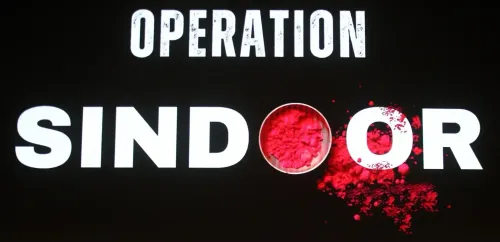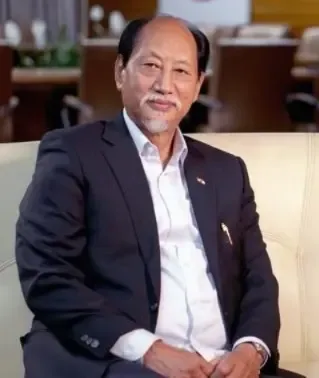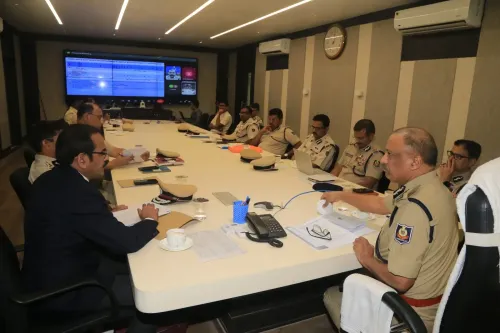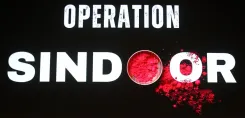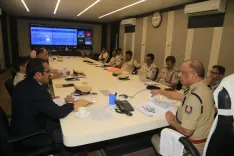Is the Revision of Electoral Rolls in Bihar Legal?
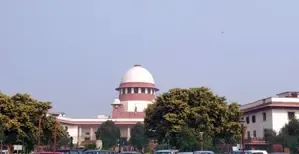
Synopsis
Key Takeaways
- The ADR has filed a petition challenging the ECI's decision.
- Concerns over disenfranchisement of voters are paramount.
- The SIR order may disproportionately impact marginalized communities.
- The legal challenge raises questions about electoral fairness.
- Transparency in the electoral process is crucial for democracy.
New Delhi, July 5 (NationPress) The Association for Democratic Reforms (ADR) has filed a writ petition with the Supreme Court contesting the Election Commission of India’s (ECI) recent decision to revise electoral rolls in Bihar ahead of the upcoming Assembly elections.
The petition argues that the order for Special Intensive Revision (SIR) of electoral rolls could potentially disenfranchise millions of voters, infringing upon their right to elect representatives and jeopardizing the integrity of free and fair elections, which is a cornerstone of the Constitution.
“The requirements set forth in the directive, coupled with the lack of due process and the impractically short timeline for the SIR in Bihar, are likely to lead to the removal of legitimate voters’ names from the electoral rolls, thereby disenfranchising them,” the petition states.
Additionally, it highlights that the SIR order issued on June 24 by the ECI disregards vital identification documents such as Aadhaar or ration cards, placing marginalized groups (including SC, ST, and migrant workers) and economically disadvantaged individuals at a greater risk of exclusion from the voting process. The petition further asserts that the declaration required under the SIR process violates Article 326, as it mandates voters to furnish citizenship documentation for themselves and their parents, which could lead to their names being omitted from the draft electoral roll.
The petition emphasizes, “The ECI has imposed an unreasonable timeline for conducting SIR in Bihar, especially with the state Assembly elections approaching in November 2025.” Reports from Bihar indicate that many voters from remote areas and marginalized communities lack the documentation demanded, and thus, should not face exclusion due to the stringent requirements outlined in the SIR order. Furthermore, it criticizes the ECI's directive, which was issued under Section 21(3) of the Representation of the People Act, 1950, for lacking documented reasoning, supporting evidence, or a transparent methodology, rendering it arbitrary and susceptible to being overturned.
The plea argues that the requirement for citizenship documentation contradicts the specific grounds necessary for removing names from electoral rolls (such as death, non-residency, or disqualification under Section 16 of the Representation of the People Act, 1950). The petition notes that since 2003, Bihar has witnessed five general elections and five Assembly elections, with continuous updates to the electoral rolls. The manner in which the ECI has executed the SIR orders in a politically active state like Bihar has raised concerns among all stakeholders, particularly among voters.
It concludes by stating that there is no justification for such a drastic measure in a politically sensitive state within such a brief timeframe, thereby violating the voting rights of millions.

